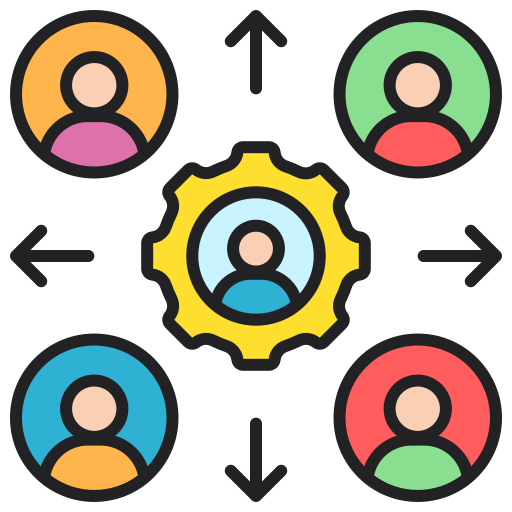Machine Learning (ML) has emerged as one of the maximum transformative technologies of the twenty first century. With programs starting from healthcare and finance to enjoyment and schooling, ML is shaping industries and redefining the way we have interaction with generation. But what precisely is Machine Learning, and why is it so innovative?
What is Machine Learning?
Machine Learning is a subset of artificial intelligence (AI) that lets in computer systems to research and enhance from enjoy with out being explicitly programmed. Instead of following predefined guidelines, ML algorithms analyze large volumes of records, identify patterns, and make decisions or predictions primarily based on that facts.
Key Components of Machine Learning:
- Data: The basis of ML, encompassing established and unstructured datasets.
- Algorithms: Methods used to method information, consisting of supervised studying, unsupervised learning, and reinforcement getting to know.
- Model: The output of an ML procedure, educated to carry out particular duties.
- Feedback Loop: Continuous gaining knowledge of to beautify model accuracy.
Types of Machine Learning
- Supervised Learning
- The algorithm learns from categorised facts.
- Example: Predicting residence fees primarily based on historical statistics.
- Unsupervised Learning
- Works with unlabeled records to become aware of hidden styles.
- Example: Customer segmentation in marketing.
- Reinforcement Learning
- Learning through rewards and penalties.
- Example: Teaching robots to perform complex duties like gambling chess or using cars.
Applications of Machine Learning
1. Healthcare
ML is revolutionizing healthcare by permitting early disorder detection, personalised treatment plans, and green hospital operations. For instance, ML-powered structures can examine scientific pictures to come across cancer at early degrees.
2. Finance
Banks and monetary establishments use ML for fraud detection, chance evaluation, and algorithmic buying and selling. By analyzing transaction patterns, ML algorithms discover anomalies that can suggest fraudulent activities.
3. Retail and E-Commerce
From customized product pointers to stock management, ML optimizes every element of retail. Algorithms like the ones used by Amazon and Netflix make sure a tailor-made shopping or viewing revel in for customers.
4. Autonomous Vehicles
Self-riding automobiles leverage ML to interpret facts from sensors and cameras, letting them navigate roads properly. Companies like Tesla and Waymo are at the forefront of this era.
five. Natural Language Processing (NLP)
ML powers chatbots, virtual assistants (like Siri and Alexa), and language translation equipment by means of know-how and producing human language.
Benefits of Machine Learning
- Enhanced Efficiency: Automates repetitive tasks, liberating up human sources for strategic paintings.
- Accurate Predictions: Improves choice-making with records-pushed insights.
- Scalability: Handles tremendous amounts of information, making it appropriate for large-scale operations.
Challenges in Machine Learning
Despite its benefits, ML has its percentage of challenges:
- Data Quality: Algorithms require first rate, relevant information to provide correct effects.
- Ethical Concerns: Issues like bias in algorithms and privateness violations want addressing.
- Resource Intensive: ML requires great computational power and understanding.
Future of Machine Learning
The future of ML is promising, with improvements in quantum computing, deep mastering, and neural networks. Emerging fields like Explainable AI (XAI) goal to make ML systems greater obvious and interpretable.
According to Statista, the worldwide ML marketplace is projected to reach $209.Ninety one billion by using 2029, driven with the aid of improvements in AI and extended demand for sensible solutions.
Conclusion
Machine Learning is extra than only a buzzword; it’s a pivotal generation that’s transforming industries and creating infinite opportunities. As groups and researchers retain to explore its potential, the sector is about to witness groundbreaking innovations on the way to redefine our destiny.










